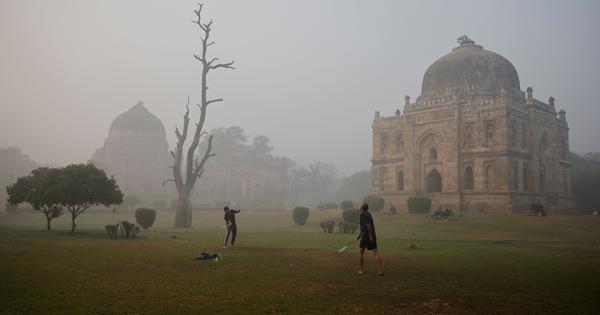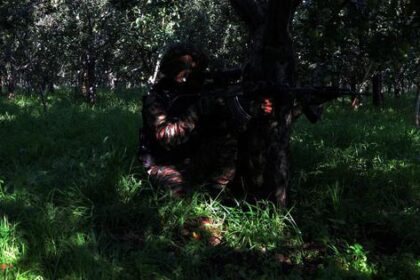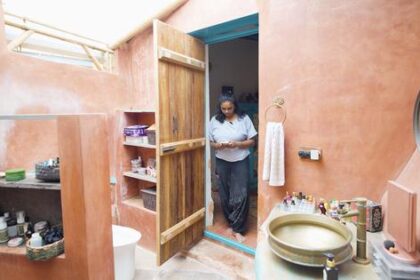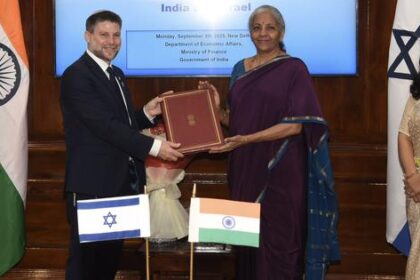Delhi’s air quality deteriorates, prompting Stage 1 restrictions under the Graded Response Action Plan.
The Air Quality Index (AQI) in Delhi was recorded at 211 on Tuesday, categorizing it as ‘poor.’ In response to this decline in air quality, the Commission for Air Quality Management implemented Stage 1 restrictions aimed at controlling pollution in the National Capital Region (NCR). This action falls under the Graded Response Action Plan (GRAP), a framework designed to address air pollution through a series of escalating measures based on specific AQI thresholds.
Stage 1 of GRAP includes several initiatives intended to mitigate dust and other pollutants. These measures involve mechanical sweeping of roads and the sprinkling of water to minimize dust uplift. Additionally, certain construction and demolition activities have been banned to prevent further deterioration of air quality. The commission’s sub-committee noted the significant AQI reading of 211, highlighting the urgent need for action.
Looking ahead, forecasts from the India Meteorological Department and the Indian Institute of Tropical Meteorology indicate that the air quality in Delhi is likely to remain poor in the coming days. This seasonal trend of deteriorating air quality is particularly pronounced during the winter months. Contributing factors include stubble burning in neighboring Punjab and Haryana, as well as falling temperatures and decreased wind speeds, which exacerbate the pollution problem. Emissions from industrial activities and coal-fired power plants further compound the issue.
The AQI system categorizes air quality on a scale from 0 to above 450. Values between 0 and 50 signify good air quality, while readings between 51 and 100 indicate satisfactory conditions. Moderate air quality is represented by values ranging from 101 to 200. The poor category begins at 201 and extends to 300, with very poor conditions classified between 301 and 400. Severe air pollution is indicated by values from 401 to 450, and anything above that is termed severe plus.
Stage 1 of GRAP is specifically activated when the AQI reaches the poor category. Subsequent stages, which are triggered as air quality worsens, include additional restrictions and measures to combat pollution when the AQI crosses into very poor, severe, and severe plus categories. On Tuesday, the commission emphasized that actions under Stage 1 will be closely monitored and reviewed by various government agencies across the NCR to prevent further declines in air quality.
All agencies involved in implementing these measures have been instructed to maintain a stringent watch and enhance their efforts in accordance with the GRAP framework. This collaborative approach aims to address the pressing issue of air pollution in Delhi and protect public health during this critical period.








